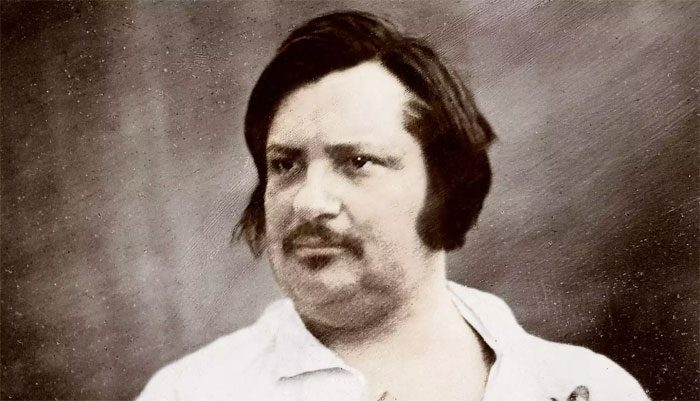Based on recent discoveries, the image of geniuses who stay up late and rise early, burying themselves in work and research to the point of forgetting to eat or sleep may no longer hold true.
Geniuses Do Not “Lack Sleep”
If the world’s most famous geniuses share a common habit, would you want to try following it? In reality, many geniuses have fascinating similarities, such as sleeping between 7 to 9 hours each night. This finding is based on a chart created by RJ Andrews, a data visualization expert and founder of the information graphics studio Info We Trust.
The chart breaks down the daily routines of 16 of history’s most renowned geniuses, examining how they spent their 24 hours each day. These geniuses include Charles Darwin, Sigmund Freud, Charles Dickens, Benjamin Franklin, and Maya Angelou. Notably, with the exception of Wolfgang Amadeus Mozart, all the others slept between 7-9 hours each night.

Genius composer Wolfgang Amadeus Mozart.
Contrary to popular belief, geniuses do not necessarily sleep less and work more; they still allocate sufficient time for sleep each day. Science shows that there is a tangible connection between creativity and sleep, which has been proven beneficial for nearly every aspect of brain function. Clearly, every genius requires a well-functioning brain.
Interestingly, although geniuses average 7 hours and 15 minutes of sleep each night, some go to bed late and wake up late, while others rise early and retire early, and some have unusual sleeping habits. The French novelist Honoré de Balzac, for example, slept from 6 PM to 1 AM, then stayed awake until morning, taking an additional 90-minute nap by 8 AM.

French novelist Honoré de Balzac.
Apart from the importance of sleep, what else can we learn from the daily habits of these geniuses? Ten of the 16 geniuses shared a habit of walking at least once a day, and sometimes more. For instance, Charles Darwin walked up to three times a day. Numerous studies have confirmed that walking benefits mood and brain function, particularly when done in a natural environment.
Creating Habits to Reduce Decision Fatigue
However, looking at the bigger picture, there is an even more noteworthy commonality: all geniuses had strict daily routines.
Neuroscientists inform us that the brain is at risk of fatigue when making decisions. Every decision we make, big or small, requires the brain to think and consider, even if we are not consciously aware of it. This is why Mark Zuckerberg and Steve Jobs chose to develop the habit of wearing the same outfit every day. They wanted to reduce unnecessary thinking and pressure on their brains.

Mark Zuckerberg chose to develop the habit of wearing the same outfit every day.
Decision fatigue is a reason why developing daily habits becomes essential. We need to “automate” work habits and daily living routines, allowing the brain to have more energy for tougher, more meaningful tasks. If we learn to focus our thoughts on our habits right from the start of building them, we can maintain healthy habits like daily exercise or nutritious breakfasts in the long run.
So, if you haven’t yet, try to create a daily habit that suits you. Make an effort to spend some time walking or exercising. Most importantly, strive to get plenty of quality sleep. Who knows, this might help unlock the genius within you.



















































